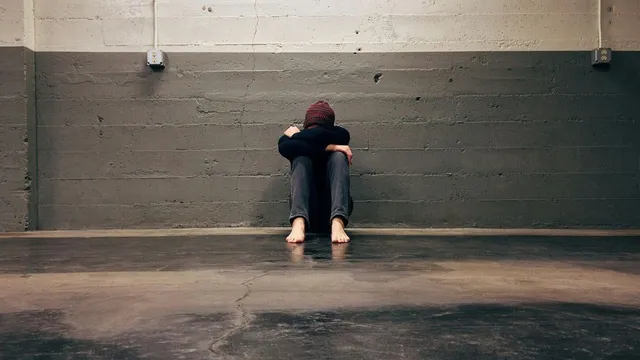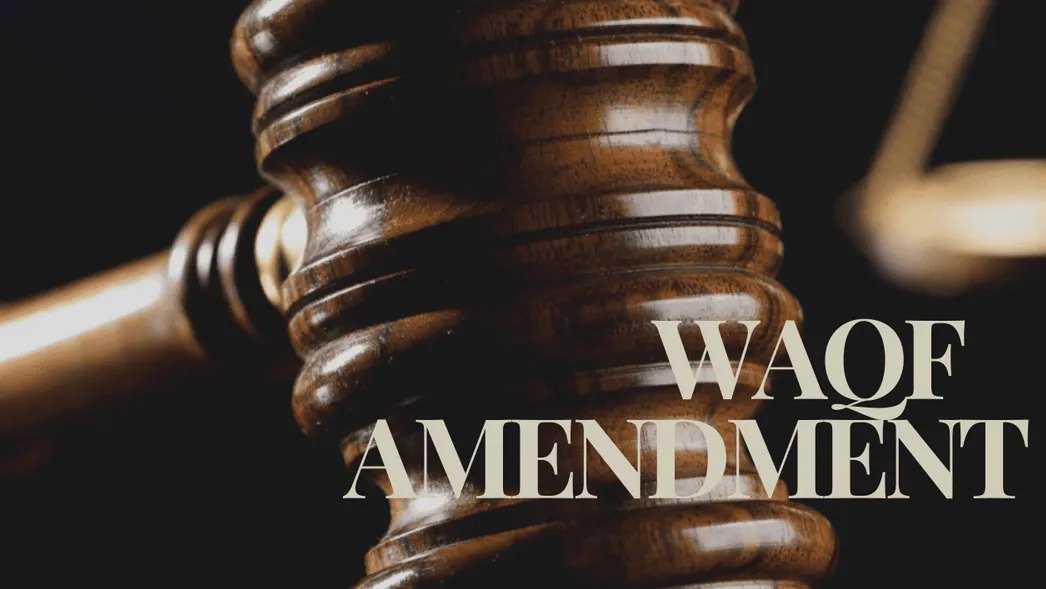In a world where everything seems to be getting more and more expensive, it should come as no surprise that nearly half of Americans say they live paycheck to paycheck . In Colorado, almost 40% of households are struggling to make ends meet . Millions of people are just barely getting by.
They lack savings, they lack assets and they are relying on their next paycheck to fund the necessities: food, child care, car payments, rent or the mortgage — the list goes on. The fact that so many people are living in precarity means it is vital that we have a robust unemployment system to help maintain a resilient and productive workforce and economy. Unfortunately, the Colorado Department of Labor and Employment is failing too many Coloradans.

Late last month The Denver Post reported that nearly 100 people had reached out to the paper to express concerns about the state’s unemployment system. They shared stories of waiting weeks and months for their claims to be processed, their inability to get a real person on the phone to resolve issues and the financial hardship that resulted from failing to get their benefits in a timely fashion. One single mother went two months without pay, and it wasn’t until a month after she’d gotten a new job that she heard anything from the agency — that her claim had been denied.
Another individual spent three months waiting for her benefits. During that time she called the agency 75 times without success. Several were told the only way to get their claims expedited was by being at risk of eviction or vehicle repossession.
But when one father of three submitted his eviction notice, nothing was expedited. Not only is a robust unemployment system morally just — helping people remain in their homes and with food on the table — it is economically sensible. If individuals and families lost their apartments and homes every time someone lost their job, it would sow chaos.
Forcing the recently unemployed into the welfare system would also be a mistake. The best thing — morally and economically — is to help them stay on their feet until they can find a new job. For those who may have qualms with this system, it is important to remember that individuals are only eligible for unemployment if they lost their job through no fault of their own .
Similarly, unemployment is not an entitlement benefit, it is an eligibility program. You can only be approved for unemployment benefits if you’ve worked enough in the preceding 18 months. All of which is to say, unemployment is a vital facet of our economy — and the CDLE needs to do a better job administering it.
To be sure, the CDLE handles a huge amount of claims. According to Phil Spesshardt , director of CDLE’s Unemployment Insurance Division, the department gets about 3,000 new claims every week. And so far this year, it has been processing 70% of new claims within three weeks — a sharp improvement over last year’s rate of 40%.
The department is also planning a variety of improvements this year, including a call center upgrade, hiring 25 additional call center agents, introducing text message reminders to complete actions, rolling out a Spanish version of MyUI+, and adding more automation to the process where possible. This is clearly progress. But in light of other recent news about the department’s shortcomings, it’s hard to be optimistic.
It was only last year that the federal Bureau of Labor Statistics stopped using CDLE’s employment data because it was deemed too unreliable. Those errors have reportedly been fixed . But the revised data showed the state’s unemployment figures were actually startlingly higher than previously reported.
Worse still, a recent state audit found “material weakness” in the department’s administration of both unemployment insurance and the Family and Medical Leave Insurance . According to the audit, CDLE failed to make certain employers required to register for the FAMLI program actually did so. It also received $127 million in payments into the program from exempt employers; when it returned the money, it failed to account for the refunds.
The audit also found that the department miscalculated unemployment insurance rates for 30,000 Colorado businesses, resulting in some businesses overpaying by roughly $5 million , while others underpaid. The cumulative picture painted of the CDLE is not a pretty one. It is the responsibility of our lawmakers to sort this out.
The Legislature should take a good look at the administration and management of CDLE to figure out if these issues are systemic — and if they are, to make any necessary changes to the department. The work that the CDLE does is crucial. It is a safety net for workers and provides them with time to find a job that matches their experience and puts their skills to good use.
It helps keep things stable during economic downturns. And it keeps our economy resilient. It’s time for our lawmakers to sort out the issues at the CDLE to help keep Colorado’s workers on their feet when they need it most.
— Gary Garrison for the Editorial Board.
Politics

Editorial: Colorado’s workers need a functioning unemployment system

Unemployment benefits are a safety net for workers and provides them with time to find a job that matches their experience and puts their skills to good use. It helps keep things stable during economic downturns. And it keeps our economy resilient. It’s time for our lawmakers to sort out the issues at the CDLE to help keep Colorado’s workers on their feet when they need it most.














